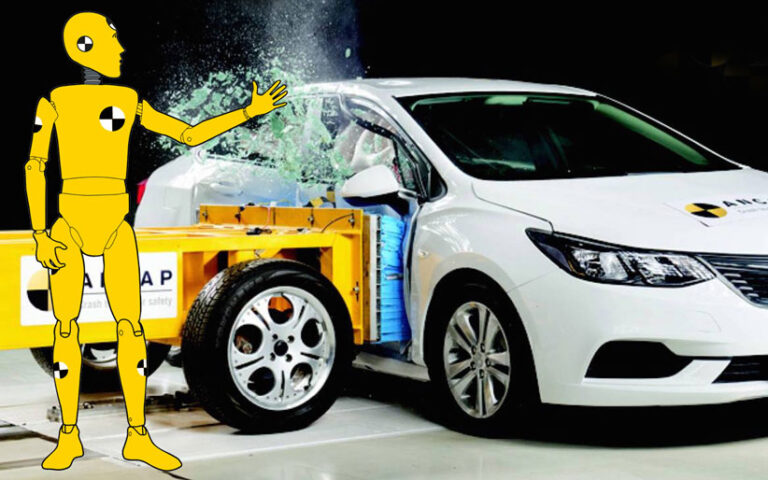Fatality Free Friday is this week – Friday 29th May
There should never be an excuse to take risks on or around our roads. Sadly, many Australians still do and the complacency of fewer cars on the road during coronavirus is driving more dangerous behaviour:
- One in four drivers (25%) admit to taking road risks since the implementation of Covid-19 lockdowns
- A frightening statistic, likely driven by the fact that two thirds of Australians (65%) believe the roads are safer under current conditions
- And while you might have expected the road toll to reflect the minimal vehicles on the road, the national year-to-date road toll has only declined by 12.5% compared to the same period last year
- Speeding is the most common risk being taken by drivers during Covid-19 lockdown conditions (17% more), followed by using a mobile phone behind the wheel (9% higher), running a red light or stop sign (5% increase), or driving after a few drinks (3% spike)
- In fact, more men believe the roads are currently safer and admit to taking increased risks behind the wheel during Covid-19 isolation measures when compared to their female counterparts
Speed is already the most common form of bad driving behaviour, but it’s just one of many risks that together are creating an unacceptable amount of risk for road users:
- Four in five Australians (78%) admit to breaking a road law
- When it came to excuses for this dangerous behaviour, the most common were: not paying attention (39%), a brief lapse in judgement (30%), or simply believing it was “safe” to do so (20%)
- Speeding is the most common with two thirds (68%) of the nation’s drivers admitting to speeding, but what’s more, is it’s happening at an alarming frequency. In fact, one in three drivers (29%) admit to speeding on at least a weekly basis, while a further 41% of drivers admit to speeding at least once every few months
- Added to this, distraction continues to be a common safety issue in the car. More than half admit to eating while driving, a third admit to using their mobile phone, a quarter of the population admit to looking away from the road at GPS or music for more than two seconds (which doubles your chance of a crash)
- A quarter of Australian drivers also admit to driving over the legal alcohol limit
- But Australians are not only a danger when behind the wheel. The majority also admit to pedestrian risks like jaywalking, more than a quarter of cyclists admit to riding without a helmet and one in four passengers admit to distracting their driver
In fact, not even having a child in the car is a deterrent to taking risks on the road:
- One in three Australian drivers (29%) admit to speeding, using their mobile phone or driving distracted when kids are in the car
- Risky road behaviour continues to climb when driving with adult passengers, with half of drivers (50%) admitting to taking risks behind the wheel
- This increases to 62% when driving solo, despite the risk to themselves and other road users, including children
There is an obvious need for the community to take ownership of road safety in order to reduce the road toll:
- Shockingly, only 7% of drivers think about the safety of other road users when behind the wheel
- Australians admit they are four times more likely to spend money on paying bills (32%) than they would fixing a critical safety issue with their car (8%)
- Further, Australians are also four times more likely to book a holiday, buy something frivolous for themselves or spend a night out with friends, when compared to fixing a vehicle’s safety issue
- Close to one third of Australians (29%) believe walking home alone at night poses the same risk to their safety as travelling in a car
Males, who make up two thirds of the total road toll, continue to take the biggest risks on the road:
- More men admit to breaking a road rule compared to women
- Men are more likely than women to: drive under the influence of drugs and/ or alcohol, drive fatigued, exceed the speed limit, drive without wearing a seatbelt or use a mobile phone behind the wheel
- Additionally, men are more likely than women to take risks behind the wheel when there are adult passengers in the car
- Men are also more likely than women to speed or use their mobile phone while children are in the car
- Lastly, men are more likely than women to partake in risky behaviour when they are driving solo






